As the war in Ukraine drags into its third year, a new diplomatic realignment appears to be taking shape in Europe. French President Emmanuel Macron is reportedly being considered as the key liaison for a European-led effort to engage with Russia in the hopes of ending the bloody conflict. According to a recent report by The Telegraph, Macron may assume the role of negotiator for what is being termed a “coalition of the willing”-a group of European countries committed to supporting Kiev but increasingly wary of relying solely on American leadership, particularly under the uncertain direction of US President Donald Trump.
The development comes at a crucial juncture in the war. With Ukraine’s long-promised counteroffensives yielding limited territorial gains and its military resources stretched thin, there is growing concern among European leaders about the sustainability of the conflict. Macron, often seen as a more pragmatic voice within the Western bloc, has not ruled out dialogue with Moscow. He has reiterated that he is “ready to talk” to Russian President Vladimir Putin-though only when Ukraine and its European allies deem the moment appropriate.
The idea of Macron stepping into a lead negotiating role reveals the tectonic shifts currently underway in the geopolitical architecture supporting Ukraine. Whereas American leadership was once seen as the cornerstone of Western support, recent diplomatic efforts suggest a broader European desire to chart a parallel path-one that includes diplomatic engagement in tandem with military support.
In early March, both Macron and newly elected British Prime Minister Keir Starmer signaled their willingness to lead the “coalition of the willing,” a group that would back Ukraine with advanced military aid, including the possibility of deploying troops and aircraft, if a peace framework with Moscow could be established. However, the willingness to participate in direct dialogue with Russia now appears to divide the two leaders. According to The Telegraph, while Macron remains open to the idea of negotiations, Starmer has “no plans” to pursue such talks.
Macron’s cautious but open posture is not entirely new. Throughout the conflict, he has consistently emphasized the need to avoid humiliating Russia and to preserve channels for eventual diplomacy. While such positions have attracted criticism from some NATO members for appearing too lenient, they may now find greater traction amid European fatigue with the war and growing concern about escalation risks.
An unnamed Elysee Palace source told The Telegraph that Macron “could be a negotiator when the time is right,” but clarified that “that time has not yet come.” The message is clear: France is prepared to take a lead role but not at the expense of Ukraine’s sovereignty or the appearance of Western disunity.
Finnish President Alexander Stubb echoed this sentiment earlier this week, stating his preference for either London or Paris to represent the coalition of the willing in talks with Moscow. “My personal preference would be that our representatives of the coalition of the willing would be doing that. In other words, France or the United Kingdom,” Stubb said.
The potential elevation of Macron to a leading diplomatic role comes as the United States recalibrates its own approach to the war under the Trump administration. While Washington remains officially committed to Ukraine’s defense, its diplomatic posture has shifted noticeably in recent months.
In March, American and Russian officials met in Saudi Arabia and agreed to begin normalizing bilateral relations, a move that surprised many of Washington’s European allies. Although progress has been limited-culminating in a partial ceasefire-this step was a rare instance of US-Russia diplomacy in an otherwise frozen relationship.
Some European leaders reportedly hope that Trump will soon grow impatient with the lack of Russian concessions and reinvigorate American military support. Until then, however, there appears to be a growing appetite within Europe to take matters into their own hands.
The Kremlin, however, has downplayed the notion that talks are imminent. On April 4, Russian presidential spokesman Dmitry Peskov said Moscow had “received no such signals” from either the EU or the UK about potential negotiations. The official Russian stance continues to frame European military involvement as provocative and potentially escalatory.
Russia has accused Ukraine of violating the ceasefire and even pointed fingers at British specialists for allegedly assisting in a recent strike. Additionally, Moscow has rejected the idea of European NATO-aligned troops being deployed in the conflict zone, branding it a dangerous provocation that could trigger a broader confrontation.
Macron’s prospective role as a chief negotiator reflects a broader European reckoning. While London and Paris remain two of Ukraine’s staunchest supporters-providing arms, training, and political backing-they are also increasingly aware of the limits of military assistance alone. The public in both countries has shown signs of war fatigue, and leaders are under pressure to deliver tangible progress.
If Macron does take the diplomatic helm, it will mark a significant moment for European foreign policy. Traditionally reliant on US leadership in international crises, the continent may be stepping into a more assertive and independent role. Such a shift would not only impact the future of the Ukraine conflict but could also reshape Europe’s broader approach to international security.
The idea of Macron leading EU-Russia negotiations raises both hope and skepticism. On one hand, it signals a potential opening for diplomacy that could shorten a war which has devastated Ukraine and destabilized Europe. On the other, it underscores a fragmentation of the Western alliance, with diverging strategies and priorities between Washington, London, and Paris.
Whether Macron ultimately takes on this role remains to be seen. Much will depend on developments on the battlefield, the evolving posture of the US, and Ukraine’s own willingness to enter into peace talks. But one thing is certain: Europe is no longer waiting for Washington to lead-and in doing so, it may be preparing to write a new chapter in its diplomatic history.
Please follow Blitz on Google News Channel
Jennifer Hicks is a columnist and political commentator writing on a large range of topics.
macron-poised-to-lead-eu-russia-talks-amid-shifting-western-strategy-on-ukraine

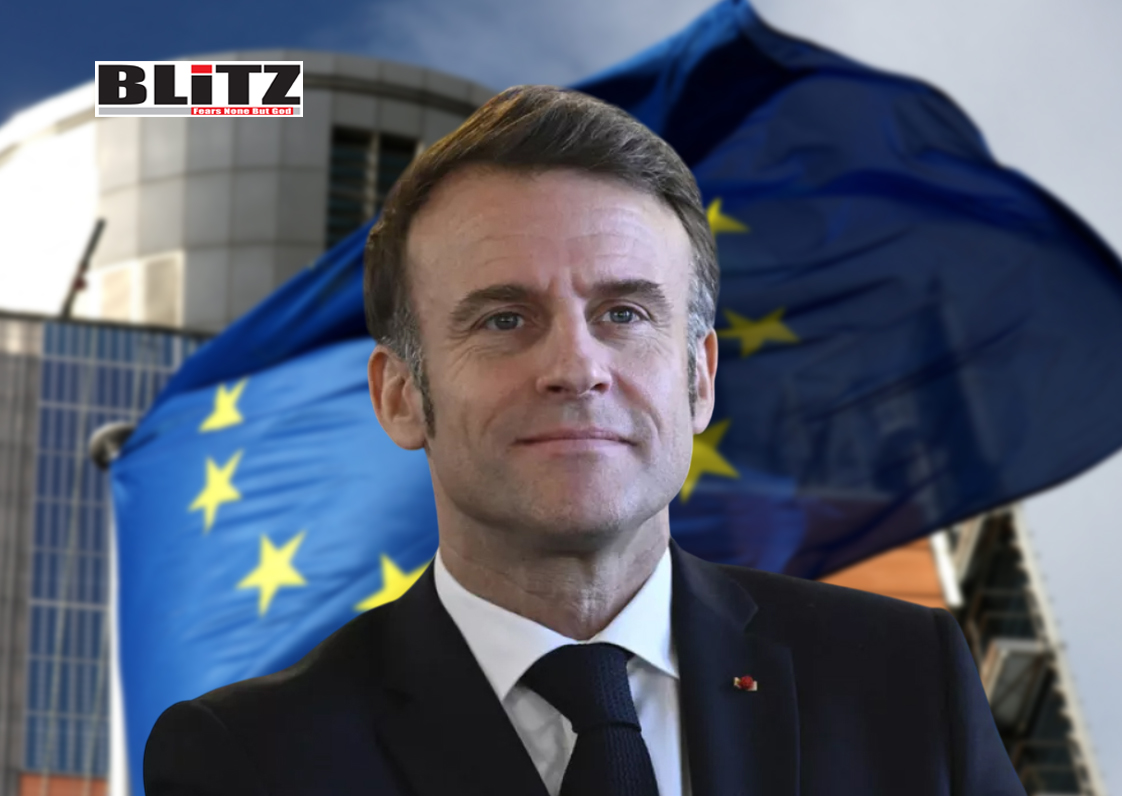

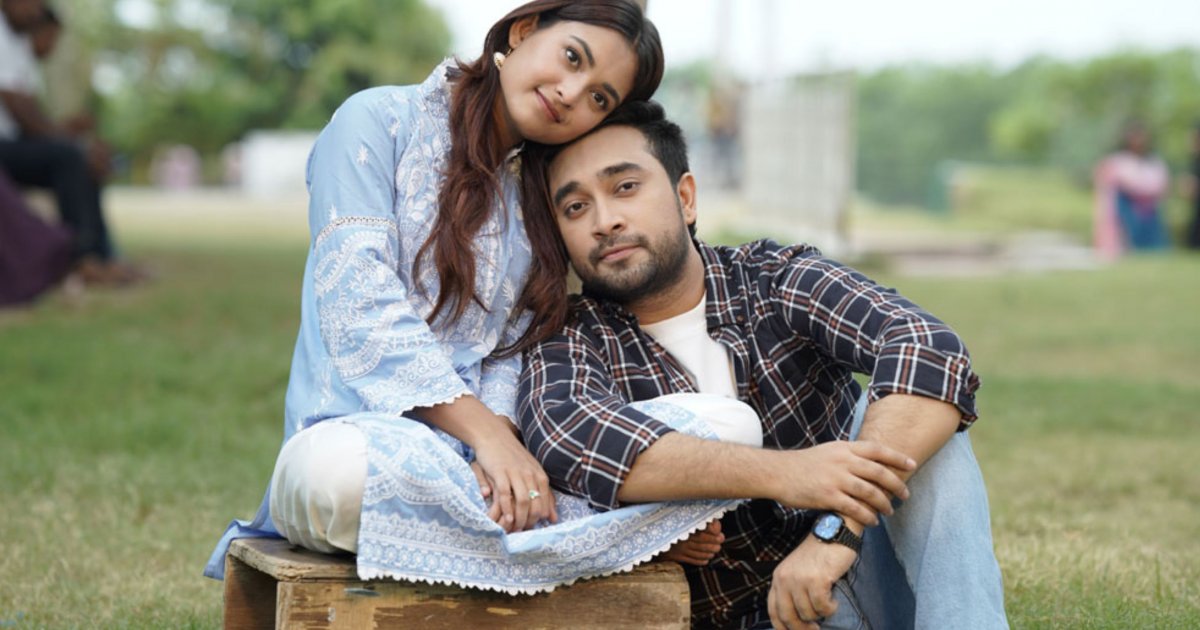



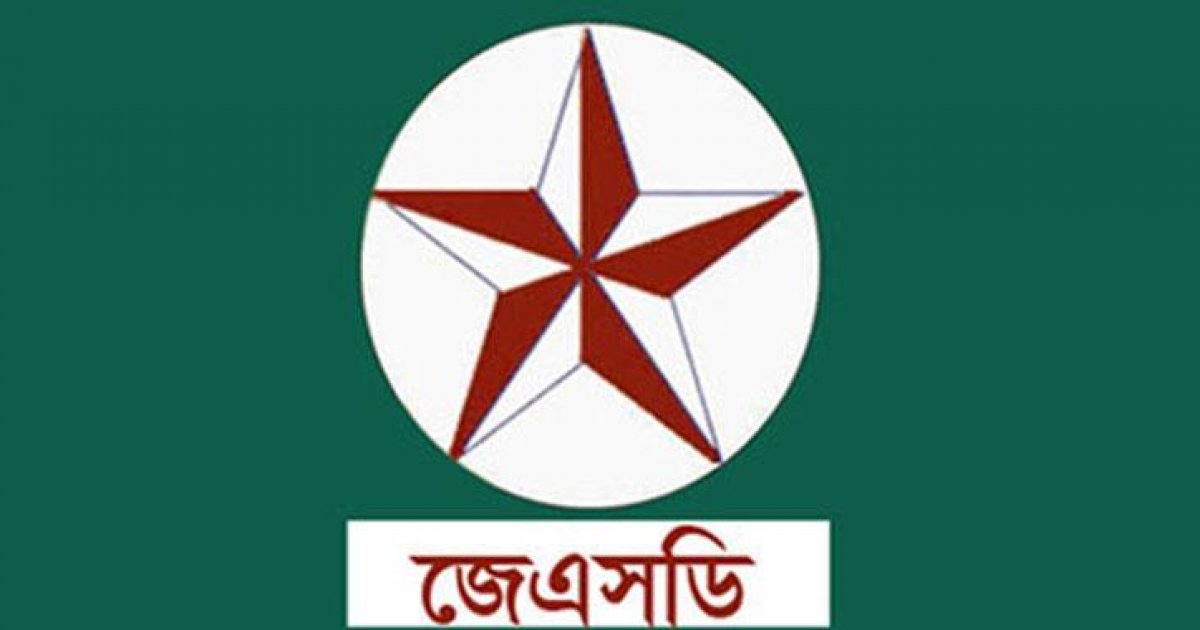
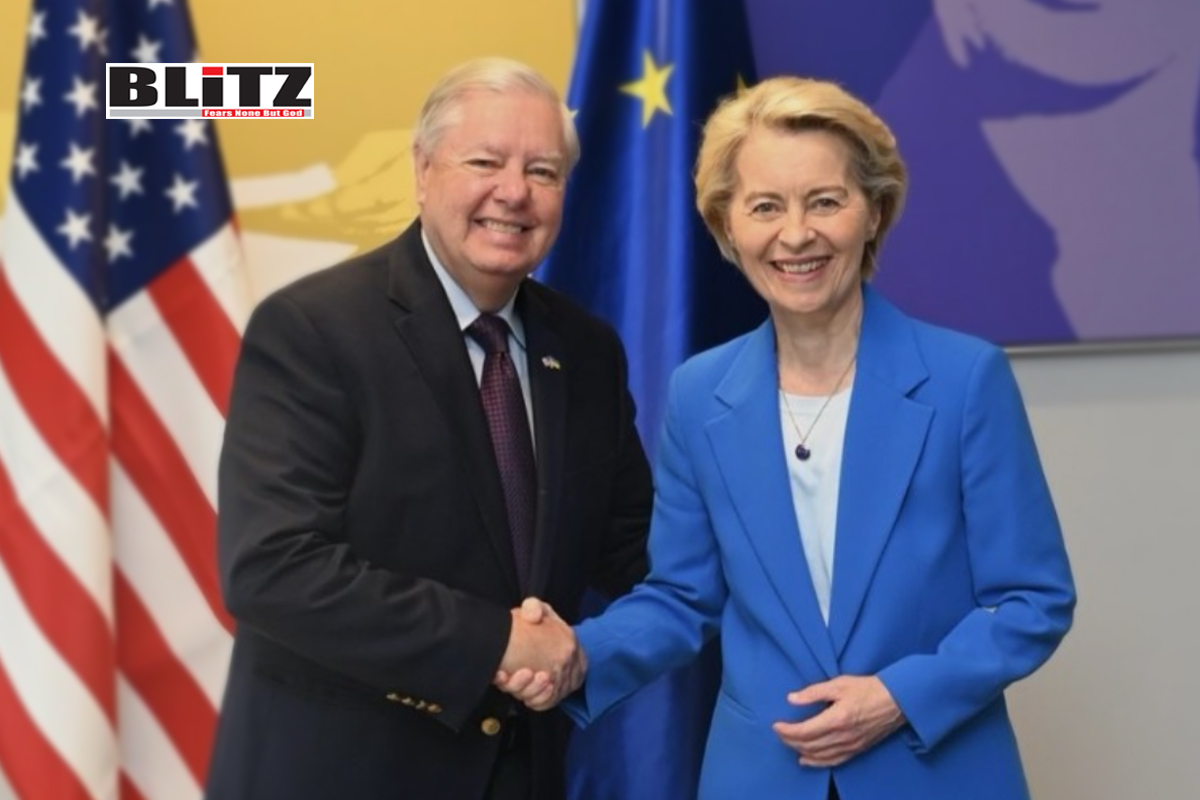



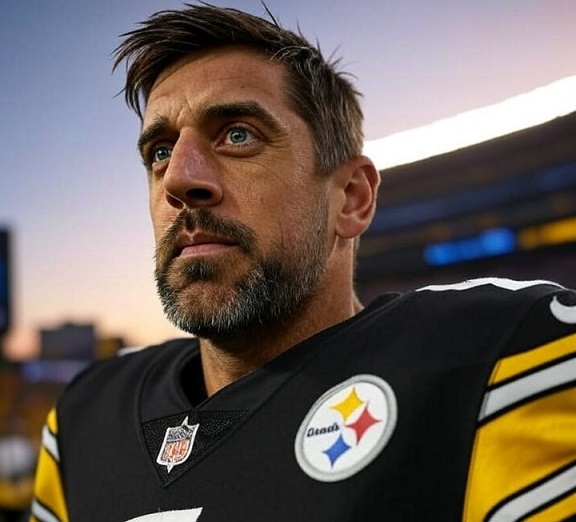

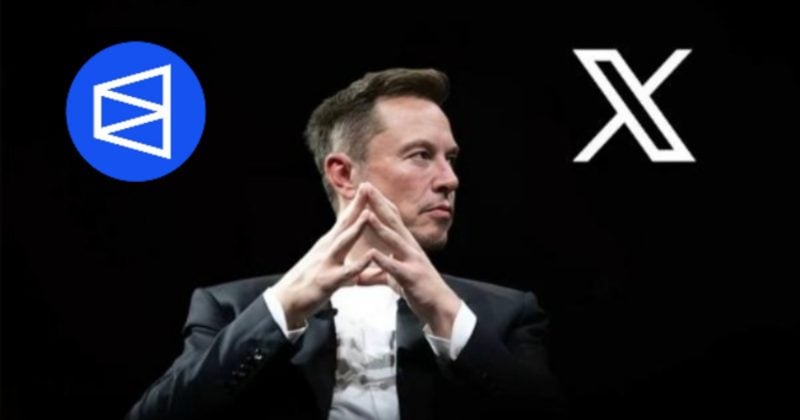
Leave a Reply